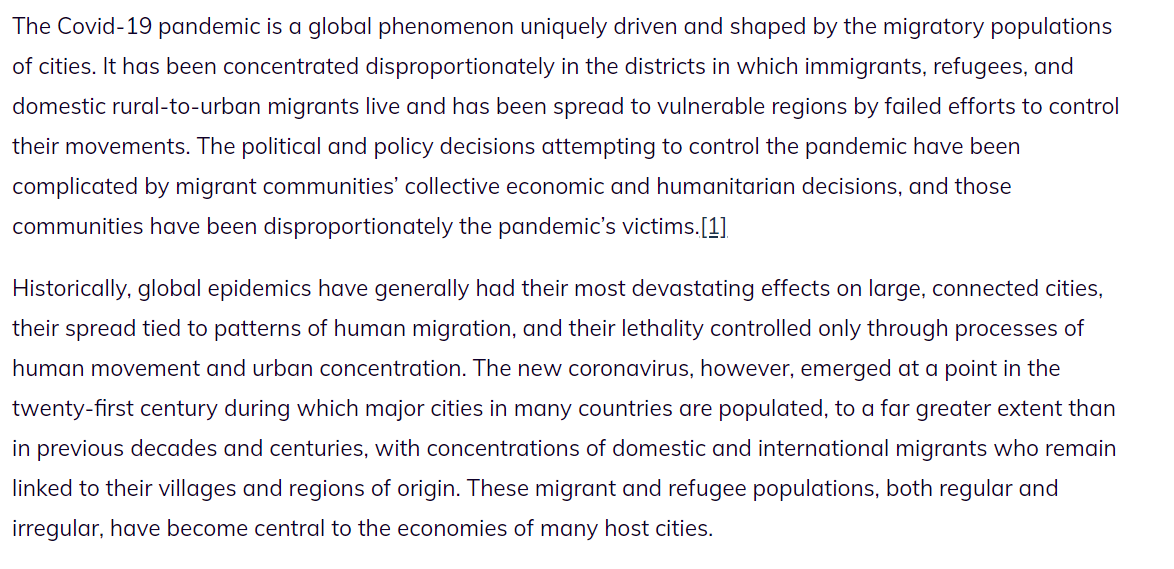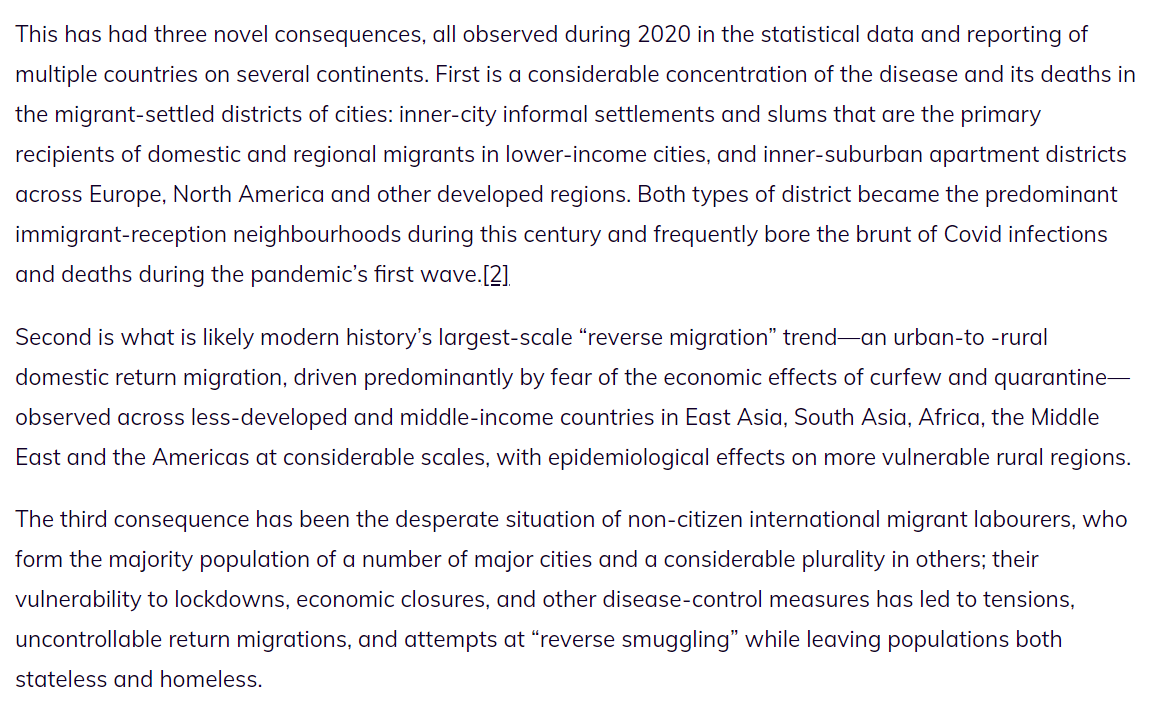
I spent the week looking at countries that did well pandemic-wise and then didn’t, and the sole determining factor isn’t lockdowns or testing but...vacation travel. Those that prevented it, or made hotel quarantine universal, were safe. Those that allowed it had 2nd and 3rd waves
Canada and Germany really stand out here — both countries got ALL their Covid-19, from winter 2020 onward, from southbound vacation travel without enforced quarantine. Both got a second wave from allowing people to go south post-summer. And both have a third now from this.
Also regions. Atlantic Canada had a police-enforced quarantine and as a consequence saw few cases and experienced few or no lockdowns or restrictions on day-to-day life. They got to have dinner parties!
https://twitter.com/blm849/status/1377451523551199239
I should add that vacation travel isn't always a big disease-spreader because borders are kept open -- it's an even bigger disease spreader when borders are hastily closed (without a guarded-quarantine mandate). My essay on this from last year:
foreignaffairs.com/articles/canad…
foreignaffairs.com/articles/canad…
• • •
Missing some Tweet in this thread? You can try to
force a refresh








